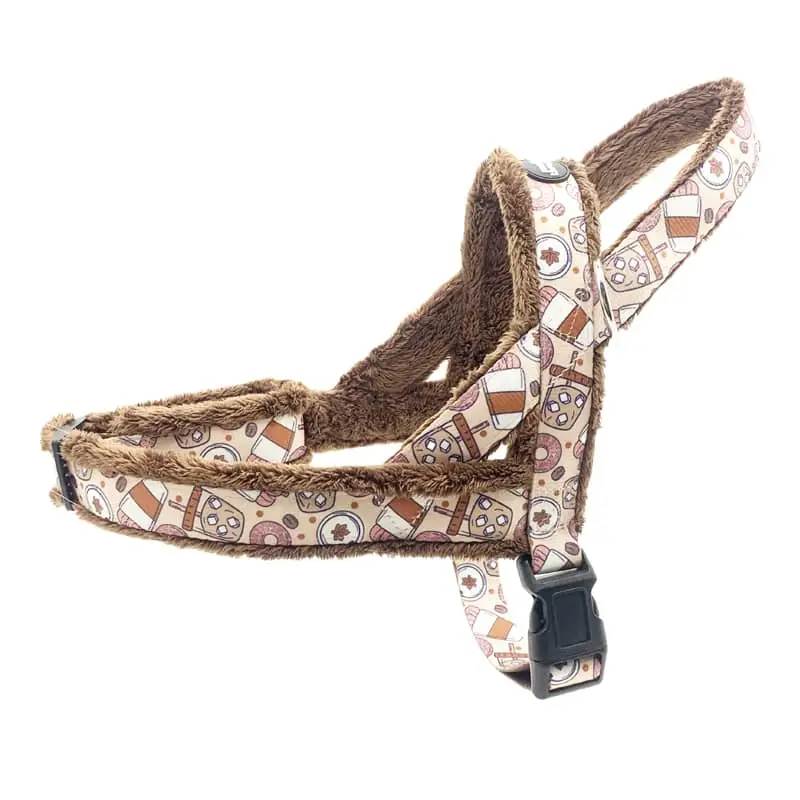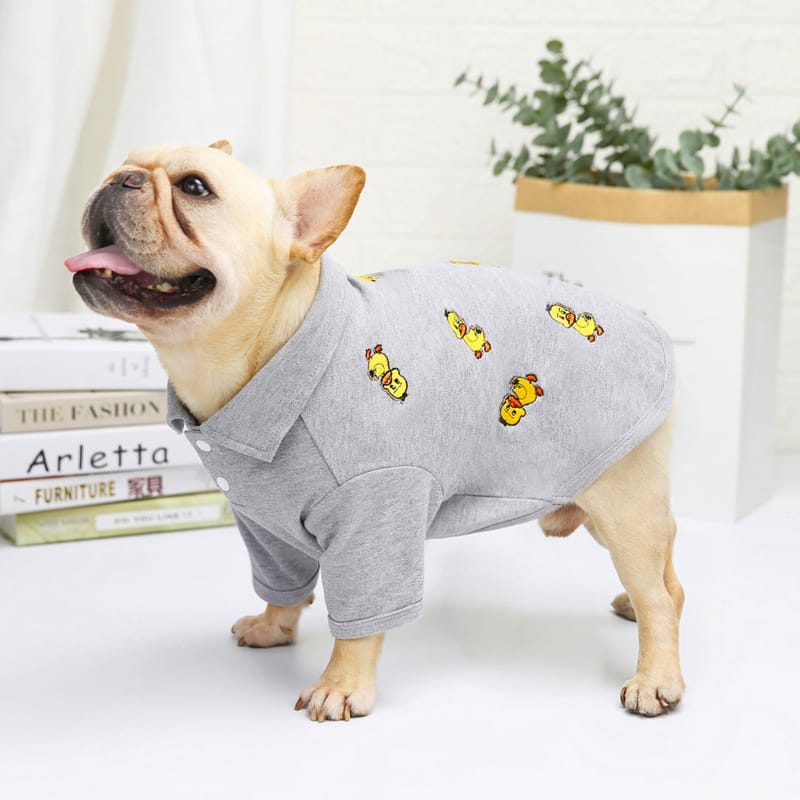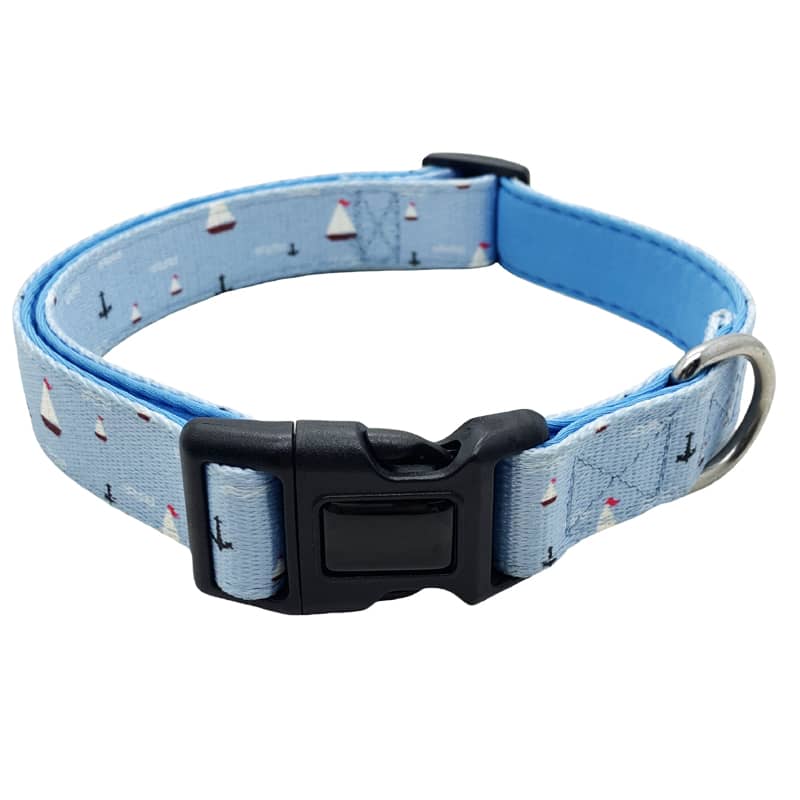Hi! I’m Jessica, founder of Bestone, a pet product manufacturer with 16 years of experience helping brands create amazing pet accessories. Today, I want to share some exciting insights about why private label pet products are becoming so popular and what this means for your business.
| Key Metric | 2024 Value | Growth Rate |
|---|---|---|
| Global Market Size | $7.2 Billion | 7.4% CAGR (2025-2033) |
| U.S. Sales Growth | 25.6% YoY | Reached $1.7 billion |
| Consumer Price Focus | 73% seek lower prices | Up from 66% in 2022 |
| Quality Perception | 37% trust private label quality | Matches national brands |
Why Private Label Pet Products Are Exploding Right Now
Market Growth Is Breaking Records
Private label pet products are absolutely booming right now. Furthermore, the numbers don’t lie – the global market reached an impressive $7.2 billion in 2024. Moreover, experts predict this market will nearly double by 2033, reaching $13.7 billion. That’s simply incredible growth!
In addition, U.S. private label pet food sales jumped by 25.6% in just one year. Meanwhile, this growth happened even though private label products only represent 3.3% of the total U.S. pet food market. Consequently, there’s enormous room for growth compared to Europe, where private label products hold 34% of major markets.
Industry Insight: Rising pet product inflation has driven retailers to seek higher-margin private label offerings that deliver quality at competitive prices. This trend is reshaping how pet stores approach their product mix.
Consumer Behavior Is Shifting
Pet owners today are becoming much smarter shoppers. Specifically, 73% of U.S. pet shoppers now look for lower-priced products, which represents a significant increase from 66% in 2022. However, they’re not willing to sacrifice quality for their furry family members.
Additionally, younger consumers like Millennials and Gen Z are driving this change. They particularly value transparency and want to know exactly what goes into their pet’s products. As a result, they’re more open to trying sustainable pet supplies and private label alternatives.
“Pet parents are treating their companions as family members, not pets. They want premium, customized products, ranging from chew-resistant toys to eco-friendly pet beds and fashionable collars.” — Sunny Geng, LinkedIn
The Real Business Benefits of Private Label Pet Products
Higher Profit Margins Mean More Money
Private label pet products offer significantly better profit margins than selling national brands. Essentially, you cut out the middleman and keep more money in your pocket. Furthermore, retailers typically see profit margins that are 20-40% higher with private label products.
Moreover, you have complete control over pricing strategies. Instead of competing with every other retailer selling the same branded products, you can set prices that work for your business model. Consequently, this pricing flexibility helps you stay competitive while maintaining healthy profits.
Building Customer Loyalty That Lasts
When customers love your private label products, they can’t find them anywhere else. Therefore, they keep coming back to your store specifically. Additionally, satisfied customers often become brand ambassadors who recommend your unique products to other pet owners.
Private label products also allow you to create personalized dog harnesses and other customized items that big brands simply can’t match. As a result, customers feel special and valued, which builds long-term loyalty.
Market Insight: Brands are adopting eco-friendly materials and packaging for private label products to resonate with environmentally conscious B2B buyers and end-consumers. This approach creates competitive advantages in crowded markets.
Innovation Speed and Flexibility
With private label products, you can respond quickly to market trends and customer feedback. For instance, if customers want more RPET organic cotton pet fashion, you can develop these products much faster than waiting for national brands to catch up.
What Pet Product Categories Are Winning in Private Label
Top-Performing Product Categories
Certain pet product categories are absolutely crushing it in the private label space. First, pet food and treats continue to dominate, especially premium formulations with human-grade ingredients. Similarly, grooming products and healthcare items are seeing tremendous growth.
Additionally, pet accessories like different types of dog collars and harnesses are becoming increasingly popular. Furthermore, seasonal items such as summer accessories for dogs offer excellent opportunities for private label success.

Premium Dog Harnesses
High-demand private label category

Custom Dog Apparel
Growing market for personalized clothing

Safety Collars
Essential accessories with high turnover
Emerging Opportunities in Niche Markets
Smart entrepreneurs are finding success in specialized categories that big brands often ignore. For example, products for specific dog breeds or sizes represent untapped opportunities. Moreover, eco-friendly alternatives and biodegradable poop bags are gaining tremendous traction.
“Private label products that emphasize clean, natural components are expected to be in high demand.” — KicciPets market analysis
How Much Does It Really Cost to Launch Private Label Pet Products?
Initial Investment Requirements
Starting a private label pet product business doesn’t require millions of dollars, but you need realistic expectations about costs. Typically, initial investments range from $10,000 to $50,000, depending on your product selection and order quantities.
Furthermore, minimum order quantities (MOQs) vary significantly between manufacturers. Some suppliers require 500-1000 pieces per design, while others offer more flexible terms. Additionally, you’ll need to budget for product development, samples, packaging design, and initial marketing efforts.
Hidden Costs to Consider
Many new entrepreneurs overlook important expenses beyond manufacturing costs. For instance, quality testing, certifications, and compliance requirements can add 10-15% to your total budget. Moreover, shipping, customs duties, and warehousing costs must be factored into your financial planning.
Cost Insight: 25% of B2B buyers rank sustainable packaging among their top three decision criteria for private label pet products in 2024. While eco-friendly packaging costs 15-20% more initially, it often justifies premium pricing.
ROI Timeline and Profitability
Most successful private label pet product businesses see positive returns within 6-12 months. However, this timeline depends heavily on your marketing strategy, product quality, and market positioning. Additionally, reinvesting profits into expanding your product line typically accelerates growth and increases overall profitability.
Quality Control: Making Sure Your Private Label Products Are Safe
Essential Safety Standards and Certifications
Pet product safety should never be compromised, regardless of cost considerations. Therefore, ensure your manufacturer follows strict quality control protocols and holds relevant certifications. Moreover, reputable suppliers will gladly share their testing procedures and safety documentation.
Additionally, different product categories require specific certifications. For example, dog harnesses safety standards differ from toy safety requirements. Consequently, working with experienced manufacturers who understand these regulations is crucial for your success and your customers’ safety.
Choosing Reliable Manufacturing Partners
The manufacturer you choose directly impacts your product quality and business reputation. Furthermore, experienced manufacturers like those specializing in dog harness manufacturing bring valuable expertise to your projects.
Moreover, look for manufacturers with transparent communication, quality certifications, and a track record of successful partnerships. Additionally, request samples, visit facilities if possible, and check references from other clients to ensure you’re making the right choice.
Discover Your Reliable Manufacturing Partner
Bestone has 16 years of experience in dog products R&D and export, boasting SGS/TUV/CE‑certified quality control, eco‑friendly factory, and 40–60% cost savings. Partner with you to elevate your brand’s pet‑product line seamlessly.

Common Mistakes to Avoid When Starting Private Label
Sourcing and Supplier Selection Pitfalls
Many beginners make costly mistakes when selecting suppliers and manufacturers. First, choosing suppliers based solely on price often leads to quality problems and customer complaints. Instead, focus on finding the right balance between cost, quality, and reliability.
Additionally, failing to properly vet suppliers can result in delayed shipments, poor communication, or substandard products. Therefore, always request samples, check certifications, and verify the manufacturer’s track record before placing large orders.
Market Positioning and Competition Errors
Another common mistake is trying to compete directly with established national brands on price alone. However, successful private label products differentiate themselves through unique features, better customer service, or specialized solutions that big brands don’t offer.
Furthermore, many entrepreneurs underestimate the importance of proper branding and packaging. Consequently, their products look cheap or generic, making it difficult to command premium prices or build customer loyalty.
Expert Insight: According to industry research, “customization and fast delivery are the top concerns for US-based pet brand owners in 2025.” This trend reflects the growing importance of responsive supply chain management in private label success.
Step-by-Step: How to Launch Your First Private Label Pet Product
Research and Product Selection Phase
Start your private label journey by thoroughly researching market opportunities and customer needs. First, identify gaps in the current market where existing products don’t fully satisfy customer requirements. Additionally, analyze competitor products to understand pricing, features, and customer feedback.
Moreover, consider starting with simpler products like custom dog leashes or basic accessories before moving to more complex items. This approach allows you to learn the process without overwhelming complexity or massive initial investments.
Finding and Partnering with the Right Manufacturer
Finding the perfect manufacturing partner is absolutely critical for your private label success. Therefore, start by creating a detailed list of your requirements, including product specifications, quality standards, and delivery timelines. Furthermore, research potential manufacturers thoroughly, focusing on those specializing in your chosen product category.
Additionally, communication is key when evaluating potential partners. Look for manufacturers who respond promptly, ask thoughtful questions about your project, and demonstrate clear understanding of your market requirements. Moreover, experienced manufacturers often provide valuable insights about trends in dog harness manufacturing and industry best practices.
Explore Our Full Dog Gear Product Line
From eco-friendly collars to harnesses, leashes to apparel—you get full-custom dog products with logo, color, fabric, and packaging tailored to your brand. OEM/ODM ready. Quality, delivery, scalability—Bestone delivers.

Timeline from Concept to Market Launch
A typical private label pet product launch takes 3-6 months from initial concept to market availability. First, product development and sampling usually require 4-6 weeks, depending on complexity and customization requirements. Subsequently, production and quality testing add another 6-8 weeks to your timeline.
Furthermore, factor in additional time for packaging design, regulatory compliance, and marketing preparation. Smart entrepreneurs often use this production time to build anticipation through social media and pre-launch marketing campaigns. Consequently, you can start generating sales immediately when products arrive.
Supply Chain Insight: Retailers are partnering with manufacturers to scale private label offerings without investing heavily in production infrastructure. This approach allows faster product development cycles and more ability to respond to trends.
Future Trends: What’s Next for Private Label Pet Products
Sustainability Requirements Are Becoming Standard
Environmental consciousness is no longer optional in the pet product industry. Instead, sustainability has become a fundamental requirement for success in private label markets. Moreover, consumers increasingly expect eco-friendly materials, recyclable packaging, and transparent environmental practices from brands they support.
Additionally, sustainable pet supplies are commanding premium prices while building stronger customer loyalty. Furthermore, many retailers now require suppliers to meet specific environmental standards before approving new products. Consequently, investing in sustainable practices today positions your brand for long-term success.
Technology Integration and Smart Products
Technology integration is revolutionizing the pet product industry in exciting ways. For instance, smart collars with GPS tracking, health monitoring features, and mobile app connectivity are becoming increasingly popular. Moreover, AI technology in the pet products industry is creating new opportunities for innovative private label offerings.
Additionally, consumers are embracing products that help them better care for their pets through technology. Therefore, private label brands that incorporate smart features or connectivity options often achieve higher profit margins and stronger market positions.
Market Predictions Through 2033
The private label pet products market shows no signs of slowing down over the next decade. Specifically, experts predict continued growth driven by increasing pet ownership, premiumization trends, and evolving consumer preferences. Moreover, emerging markets in Asia and Latin America represent significant expansion opportunities for private label brands.
Furthermore, generational shifts will continue driving demand for transparency, customization, and ethical sourcing in pet products. Consequently, brands that adapt to these changing expectations will capture larger market shares and achieve sustainable growth through 2033 and beyond.
“Function-first design is dominating 2025’s pet accessory trends, with pet parents prioritizing products that serve multiple purposes while maintaining style and comfort.” — Industry Market Analysis
Future Outlook: Pet humanization trends continue fueling demand for premium and ethical attributes in private label products. Owners increasingly treat pets as family members, creating opportunities for natural ingredients, ethically sourced materials, and clean-label formulations.
Conclusion: Your Private Label Success Starts Now
Private label pet products represent one of the most exciting opportunities in today’s pet industry. With the market projected to reach $13.7 billion by 2033 and consumer preferences shifting toward quality, sustainability, and customization, there’s never been a better time to enter this growing market.
Remember, success in private label pet products comes from understanding your customers, choosing the right manufacturing partners, and focusing on quality over quick profits. Additionally, staying ahead of trends like sustainability, technology integration, and pet humanization will position your brand for long-term success.
Whether you’re interested in starting a pet clothing business or exploring profitable dog accessory opportunities, the key is taking that first step with proper planning and reliable partners.
Ready to launch your private label pet product business? At Bestone, we’ve helped hundreds of entrepreneurs and established brands create successful private label products with our 16 years of manufacturing expertise. From initial concept to final delivery, we provide the ODM and OEM services you need to bring your vision to life.
External Resources for Further Reading:
- Pet Food Industry Market Reports – Comprehensive industry analysis and trends
- American Pet Products Association – Industry statistics and research
- Statista Pet Care Market Outlook – Global market data and forecasts
- Grand View Research Pet Care Analysis – Detailed market research reports
- Nielsen Pet Category Insights – Consumer behavior and purchasing patterns


